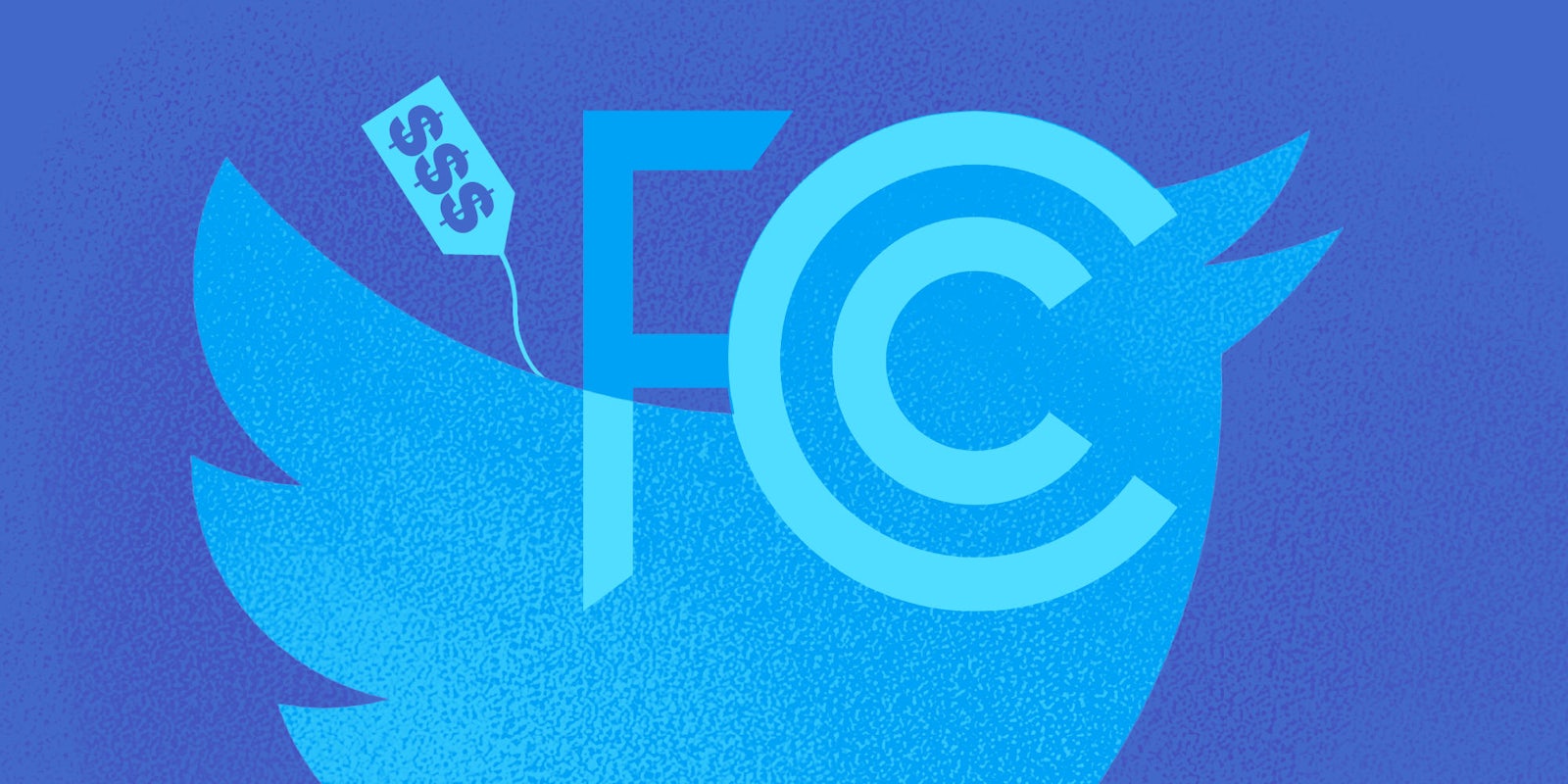Federal Communications Commission (FCC) Commissioner Brendan Carr said the FCC has no ability to block the sale of Twitter to Elon Musk, according to a statement posted to Twitter.
In the tweet, Carr called a release from the Open Market Institute that asked the FCC, the Federal Trade Commission (FTC), and the Department of Justice (DOJ) to block the sale “particularly frivolous.” Carr said the agency has zero authority to halt it.
“The FCC has no authority to block Elon Musk’s purchase of Twitter, and to suggest otherwise is absurd,” Carr’s statement reads. “I would welcome the full FCC making it clear that we will not entertain these types of frivolous arguments.”
In other tweets about the sale, Carr, a former President Donald Trump appointee, said critics of the Twitter sale are making a strawman argument.
“They say that Twitter must stick with its current approach to moderation or unleash a flood of terrorist speech & illegal content,” he said. “This is a false choice that ignores the issue: suppression of core political speech.”
Carr, in a Fox Business interview on Tuesday, said he is “hopeful that Elon Musk is going to bend Twitter’s content moderation towards a greater embrace of free speech” and called out Twitter’s moderation of free speech on the platform.
“There was a pivot point in this country that I think came around 2016 when people started to reach the view, particularly among the hard left, that the free exchange of ideas is incompatible with the outcomes that they want to see at the ballot box,” he said in the interview.
While Carr has dismissed the ability of the FCC to intervene, a sale could potentially be evaluated by the FTC, which has considered holding up future big tech mergers. However, experts have said it seems unlikely the FTC would intervene here.
The sale of Twitter to Musk has yet to be finalized but is worth a reported $44 billion. Musk said he would take Twitter private, after nearly a decade as a publicly-traded company. Musk has maintained that he will keep free speech on the platform and laid out a vague attempt to “authenticate all real humans,” possibly ridding Twitter of bots.


